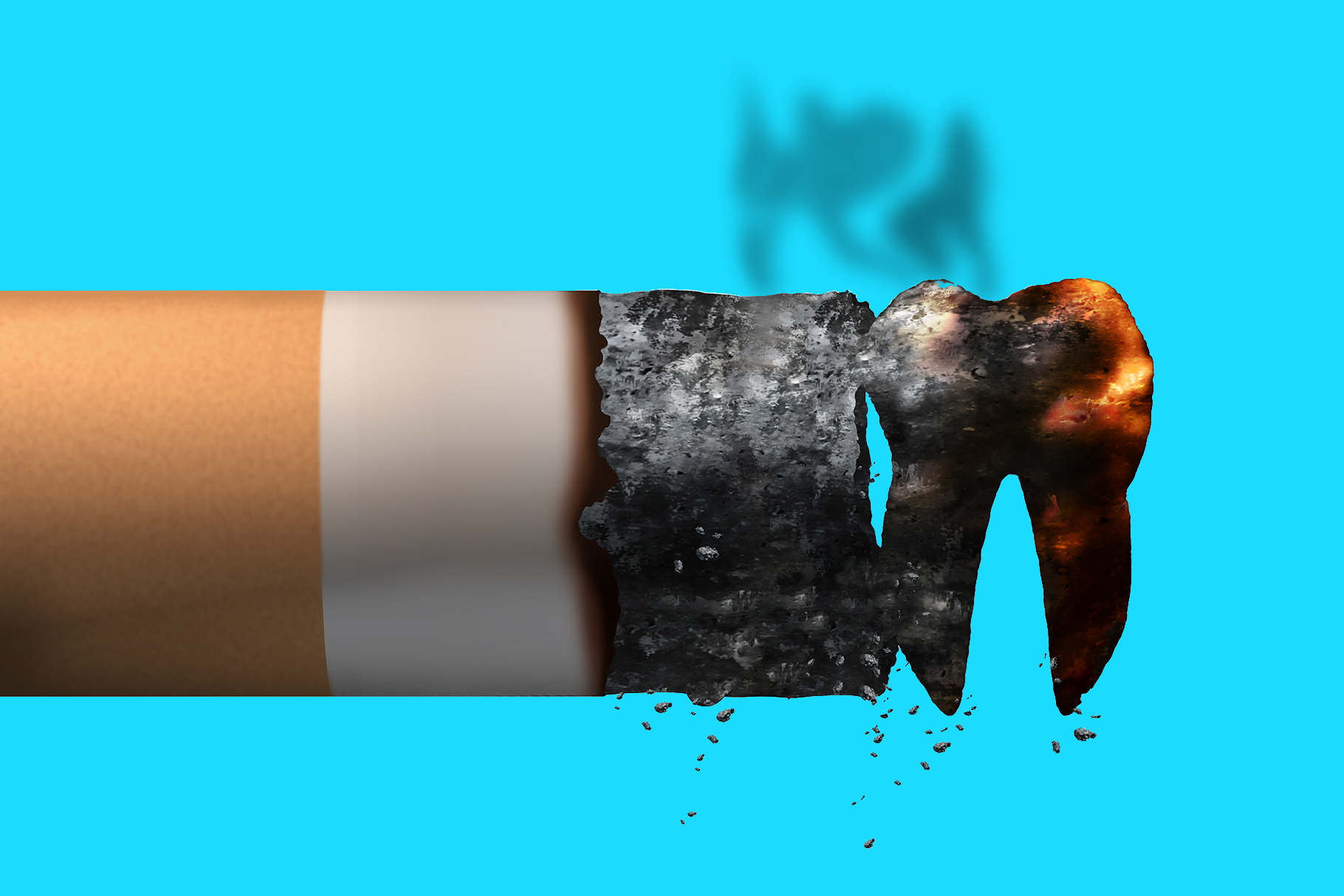superstrips
Description
The only teeth whitening strips infused with supersmile’s proprietary ingredient Calprox® Our new professional dissolving teeth whitening strips are designed as the convenient and fastest way to whiten your teeth. Clinically proven to whiten your teeth 8 shades in 7 days (on average).
Supersmile’s fast-dissolving teeth whitening strips are light years ahead of usual whitening strips. Convenient, easy, and safe teeth whitening strips designed for people who want results fast and without the messiness of traditional (non-dissolving) strips. Ideal for those looking for teeth whitening without sensitivity and an easy alternative to longer-wear teeth whitening strips. Superstrips can be used as you run errands, before bedtime, while watching TV, or during virtual meetings. Track your progress with the enclosed teeth shade guide. Just mark your starting shade and check back after each day.
- Once-a-day treatment – 15 minutes – whitens teeth up to 8 shades in 7 days (on average)
- Enclosed shade guide to mark your progress
- Half the wear time compared to 30-minute wear strips
- Enamel-safe without sensitivity
- Designed to wear any time, anywhere
- Removes plaque
- Safe to use on dental work
- Leaves breath fresh and mouth clean
- No tray, light, or extra steps needed
- Strips dissolve, so there’s no messy residue or sticky strips to remove



